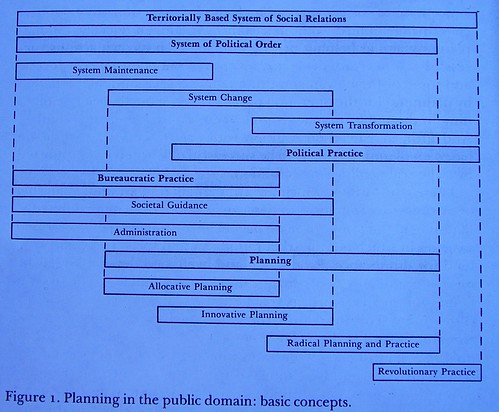Government's good at some things and really bad at other things
Matt Yglesias has a response, "What Do You Need To Do To Start a Business in The District of Columbia?," to the City Paper's Housing Complex interview with the new director of DC's Dept. of Consumer and Regulatory Affairs, "Meet the New Boss: DCRA’s Nicholas Majett." Matt speculates about the agency's personnel helping with the seemingly simple inquiry of how to open a business.
While I consider myself a progressive leftist, I jokingly call myself an inner city progressive, where my former knee jerk tendencies have been mediated by the reality of observing and experiencing hyper-dysfunctional municipal institutions.
This is an issue of culture and I don't think it can ever truly be fixed. DCRA is a regulatory body. They see regulations and laws as the answer for everything. A perfect example is the vending initiatives. Despite all the talk, mostly DCRA looks at promoting vending as a licensing and revenue matter, not about making the city more vital and interesting, building the opportunity for business, etc.
-- When "temporary urbanism" really is temporary
-- The Liberty Market response to DCRA
Changing government agency attitudes about what is their purpose and therefore how to go about doing their work is a job of major proportions, one that even exceeds my goodwill about the opportunity and majesty of government to do the right thing.
You might be interested in reading John Friedmann's Planning in the Public Domain which is turgid, but makes some very good points about how govt. is set up to regularize and standardize, not to innovate, and not really about helping.
* There is an irony that people who work for government in theory are the most capable of "teaching" people on how to participate in society, because they have "the luxury" of being paid to focus on these kinds of issues. Technically and philosophically, civic education and participation ought to occur in part outside of the formal structures of government, in social spaces controlled by the people, spaces that aren't overly shaped by government actors.
Labels: bureacracy, civic engagement, participatory democracy and empowered participation, progressive urban political agenda, provision of public services, public administration




0 Comments:
Post a Comment
<< Home